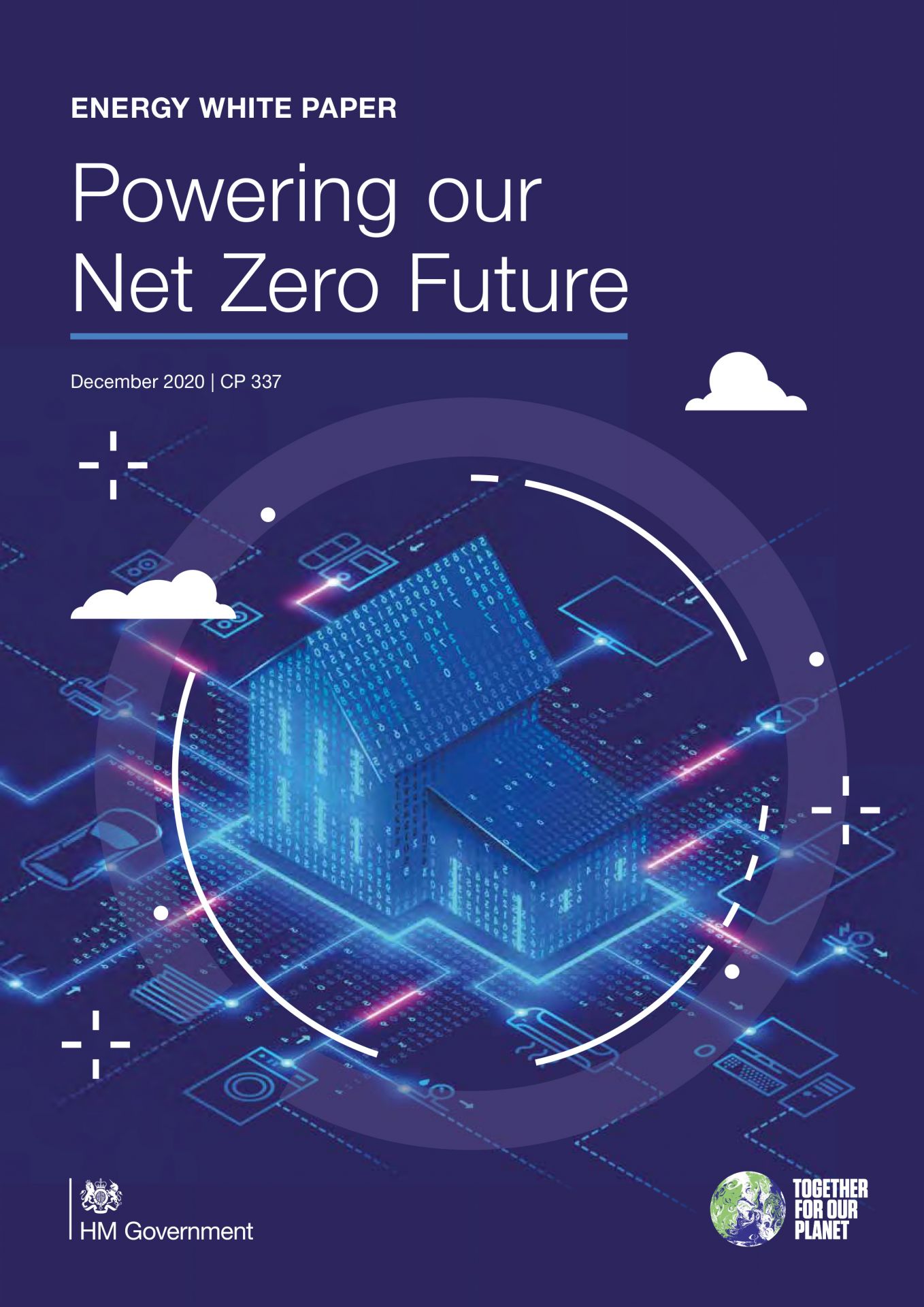Report: Nuclear and other low-carbon generation becoming cost-competitive
 The levelized costs of electricity generation from low-carbon technologies, including nuclear, are dropping and are increasingly below that of conventional fossil fuel generation, concludes a new report from the International Energy Agency and the OECD Nuclear Energy Agency (NEA).
The levelized costs of electricity generation from low-carbon technologies, including nuclear, are dropping and are increasingly below that of conventional fossil fuel generation, concludes a new report from the International Energy Agency and the OECD Nuclear Energy Agency (NEA).
The 223-page report, Projected Costs of Generating Electricity—2020 Edition, the ninth such jointly produced analysis, includes plant-level cost data on power generation from nuclear, natural gas, coal, and a variety of renewable sources, including wind, solar, hydro, and biofuels. The report provides data from 243 plants in 24 countries.



 A 170-page energy white paper,
A 170-page energy white paper, 


 The Fusion Energy Science Advisory Committee (FESAC), which is responsible for advising the Department of Energy’s Office of Science, on December 4 published the first public draft of
The Fusion Energy Science Advisory Committee (FESAC), which is responsible for advising the Department of Energy’s Office of Science, on December 4 published the first public draft of 

